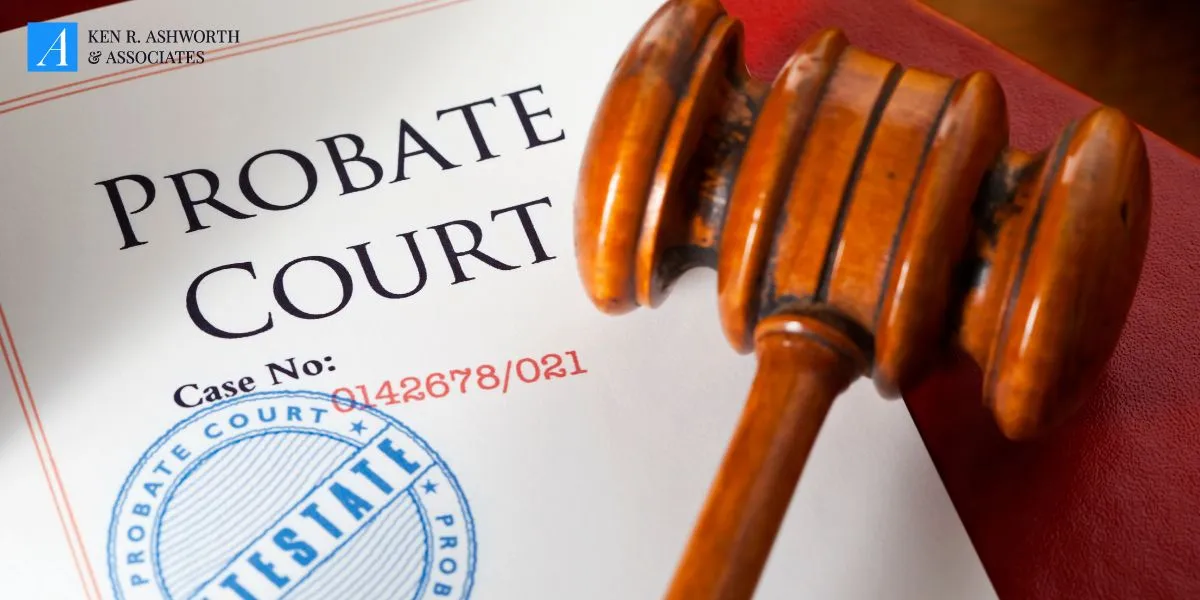Request your Consultation
Posted on May 9, 2024 in estate planning
The probate process can be a complicated one, especially if there is someone who is planning to contest the contents of a will. Ideally, you want the probate process to go as smoothly as possible so you can focus on grieving your recent loss. Regrettably, that is not always the case. If you are dealing with a recent loss and prospective legal action, you may be wondering, “What is the process of probate in Nevada?” You may want to consult Las Vegas probate attorneys.

Probate is the court-led act of verifying someone’s last will and testament after they have passed away. After a lengthy verification process, the estate named in the will is administered according to the wishes contained in the will, assuming it is verified without much contesting. In the event that there is no will, probate court continues anyway, only this time the estate is administered according to Nevada state law.
Probate can become a complex, frustrating process that can divide families, hurt relationships, and bring family secrets to light. It is important to protect yourself and retain an experienced probate attorney, as well as understand exactly how the process works in Nevada. Here is a brief rundown of the important steps in the probate process and how they work:
A: An estate must be worth at least $25,000 for it to go to probate court in Nevada. If there is no real estate that needs to be settled, probate court will go quite smoothly and quickly. An affidavit just needs to be signed that releases the estate to the intended heir named in the will. If an estate is worth less than $100,000, probate court can also be quick as long as there is no real estate involved.
A: Under Nevada law, a person who is in possession of someone’s will after death needs to provide it to the court within 30 days of learning about the death. At that point, there is no specific, hard deadline at which to file probate. Still, it is recommended that you file probate as soon as possible to allow the will’s beneficiaries to access any inheritance money they may have been awarded. It also provides them with a sense of closure.
A: No, you do not automatically have to go through probate court if you have a will in Nevada. Only estates that are worth a certain amount are required to go through probate court. If an estate is worth at least $300,000, it must go through probate court to ensure that the estate’s assets are properly valued and distributed to the correct parties. If an estate is worth less than that, there are multiple options to take, such as summary administration.
A: Typically, there are many fees attached to probate court. Court filing fees are just one of several, including probate attorney fees, executor fees, and various other expenses that may show up. Thankfully, you are able to pay out these fees using a portion of the estate value. There is no telling what these fees may be for you, as every case is different and has different circumstances attached to it.
Dealing with probate court can become overwhelming quickly. Having a probate attorney by your side who can help you understand the process and ensure you do not miss certain deadlines can be quite helpful. The legal team at Ken R. Ashworth & Associates is prepared to help you settle probate and start the healing process. Contact us to schedule a consultation as soon as you can.